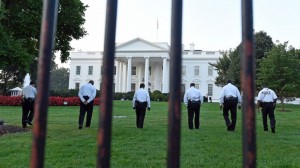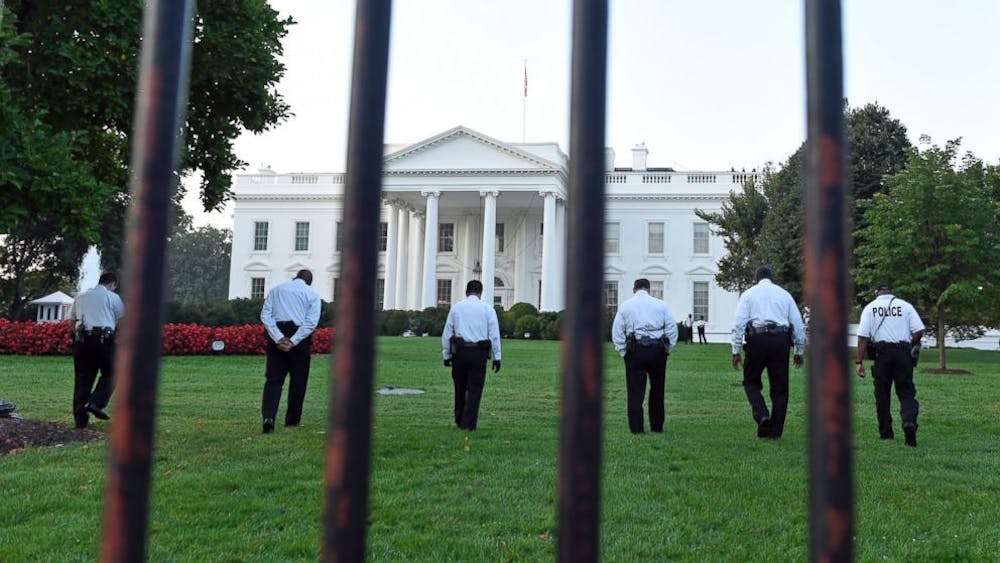By Roman Orsini
Staff Writer
Russian hackers breached a White House computer system on Wednesday, April 8, CNN reported. The breach is considered among the most sophisticated attacks launched against government systems by the FBI and other agencies investigating it. Months prior to the breach, the hackers had infiltrated the State Department and used its systems as a platform to reach the White House.
According to CNN, “the intrusion was routed through computers around the world, as hackers often do to hide their tracks, but investigators found tell-tale codes and other markers that they believe point to hackers working for the Russian government.”

The hackers gained access to an unclassified system, which revealed non-public documents pertaining to President Obama’s schedule. Although the attack didn’t reap any classified information, such as details of the president’s day and real time whereabouts — both of which are considered sensitive information and sought by foreign intelligence agencies — like Russia’s Federal Security Service (FSB).
Cyber warfare is understood as the use of computers to disrupt or destroy information systems, networks or infrastructure. The breach of State Department and White House computers did not destroy their infrastructure, but may also represent a lesser cyber attack in the form of an intrusion onto a sensitive government network.
In 2012, former Secretary of Defense Leon Panetta warned the Senate Armed Services Committee about the threat posed by cyber attacks from abroad.
“I’m very concerned at the potential (of attacks) to be able to cripple our power grid, to be able to cripple our government systems, to be able to cripple our financial systems,” Panetta said.
The recent advent of cyberspace technology and its weaponization by nations and non-state actors has proliferated evenly in recent years, leaving the United States without its usual strategic advantage or institutional framework for understanding this new frontier.
Gen. Martin Dempsey, the Chairman of the Joint Chiefs of Staff, said in an interview with Fox News, “In every domain ... we generally enjoy a significant military advantage, but we have peer competitors in cyber.” Russia and China are perceived as the most significant rivals to U.S. cyber capability.
With a more level playing field in such capabilities, the U.S. cannot deter sophisticated cyber attacks from other nations with the same overwhelming power it demonstrates in conventional warfare. Furthermore, the U.S. military remains undecided about its “rules of engagement,” with regard to cyber attacks. Questions such as, at what level of damage does a cyber attack be considered an overt act of war, is unclear, according to the Washington Post.







